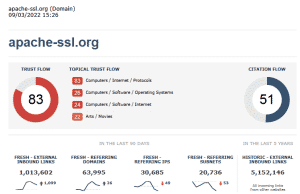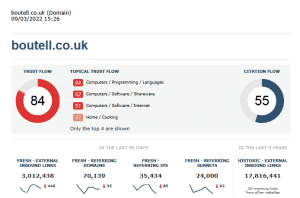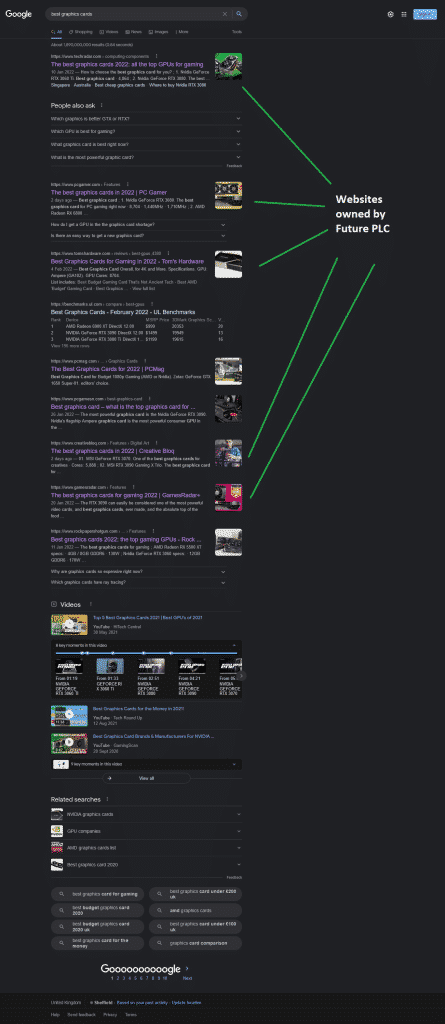What do the following websites have in common?


- They have very strong link profiles
- The websites are well designed and the content is overall well written
- They aren’t ranking well for the keywords they’re targeting
Why could this be?
In my opinion Google is beginning to understand when a website has been repurposed from its original purpose and giving the website owners a tough time because of it.
Both of these websites were previously open-source projects which is how they got their incredible link profiles in the first place, not exactly related to what they are now. One is now a coupon affiliate website, the other a financial services company.
Should Google be giving repurposed websites a hard time?
I believe so. Otherwise, people and companies with deep pockets can simply look to buy out website owners for the sake of repurposing their website just because they have a half-decent link profile which will lead to the creation of even bigger monopolies than what we see in search today.
Other examples include the likes of Merriam Webster (yes, the dictionary) who have partially repurposed their website for the sake of profiteering from affiliate links with a buying guide section, see for yourself.
Is it working out? It doesn’t seem to be! The articles aren’t ranking well as of yet for the majority of the topics of which they’ve decided to cover – whether it be which electric kettle is best in 2022, or which alarm clock you should buy if you’re a heavy sleeper.
Well done Google!
Google seems to be getting increasingly good at categorising websites into niches, with only news websites seemingly given the luxury of ranking for a broader range of topics, whether it be coupon code related, the best x, y and z of 2022 and others, but still, when it comes to some niche topics we do get to see some specialist websites at the top of search results (which can only be a good thing in the long run for the fairness of search)
Can Google do better? Absolutely! There are search monopolies that exist today – below is an example for you.

A publicly-traded company with 5 of the 10 positions in organic search results. I do not see how Google can target these websites purely algorithmically without specifically looking to target individual companies.
Final thoughts: The engineers at Google certainly have a difficult job on their hands and they appear to be keeping a close eye on some of the issues plaguing search (like how can bias not exist when every product on a top 10 list has an affiliate link or the reviewer hasn’t specifically tested out the products themselves?) I’m just glad that none of these niches are any that I have to deal with on a daily basis.
Analysis carried out by Mitchell Robson, the search engine optimisation manager at Dofollow.

